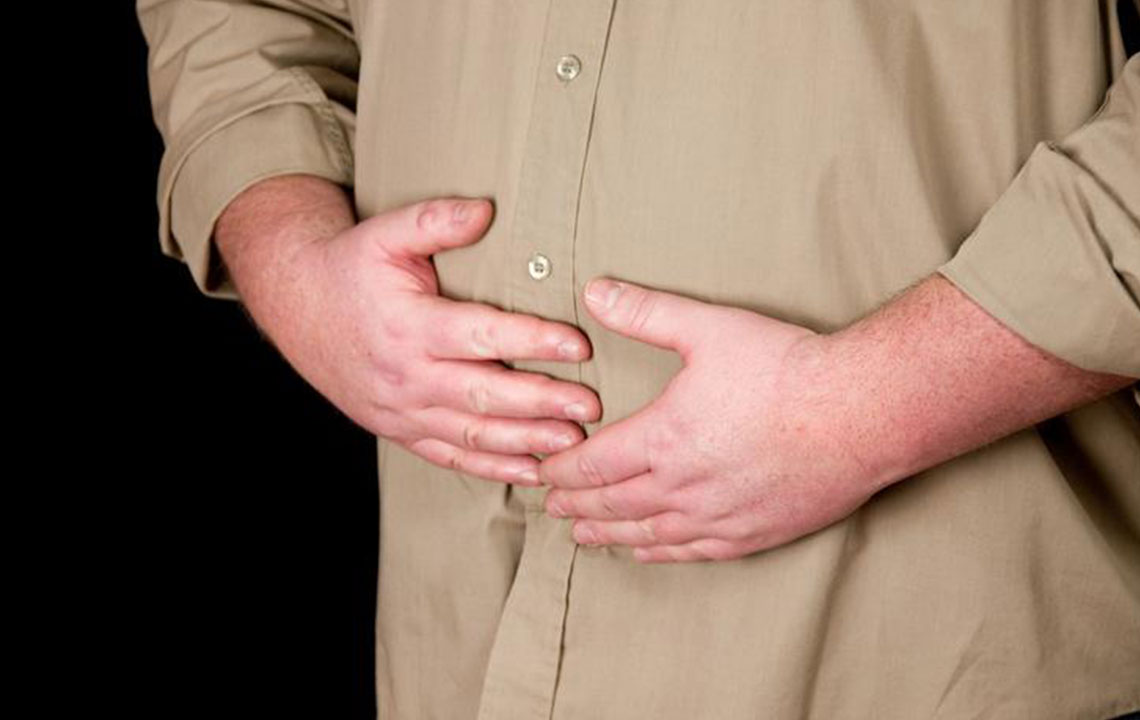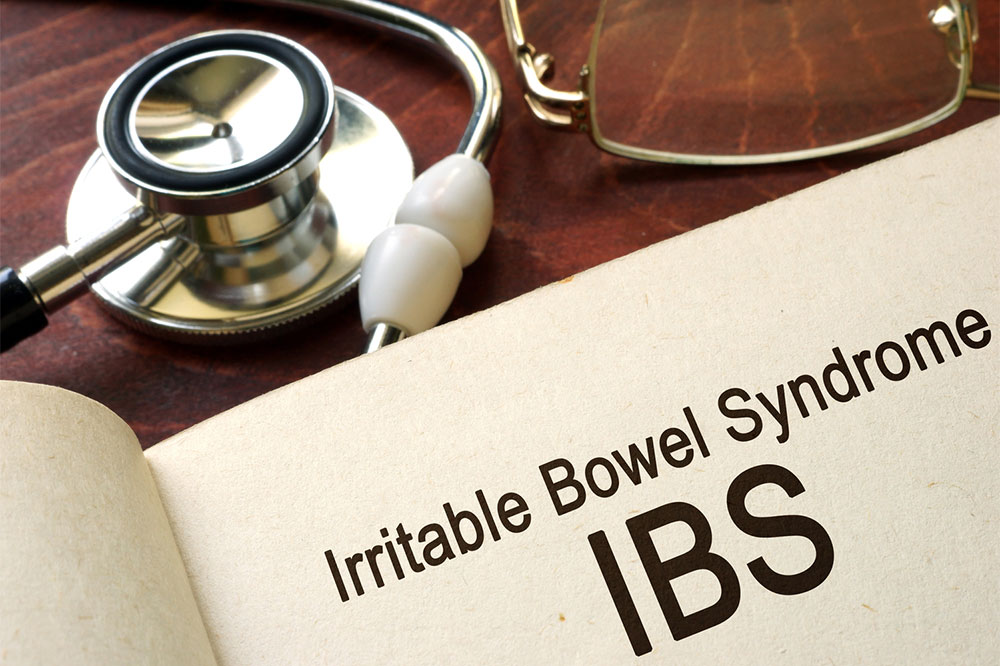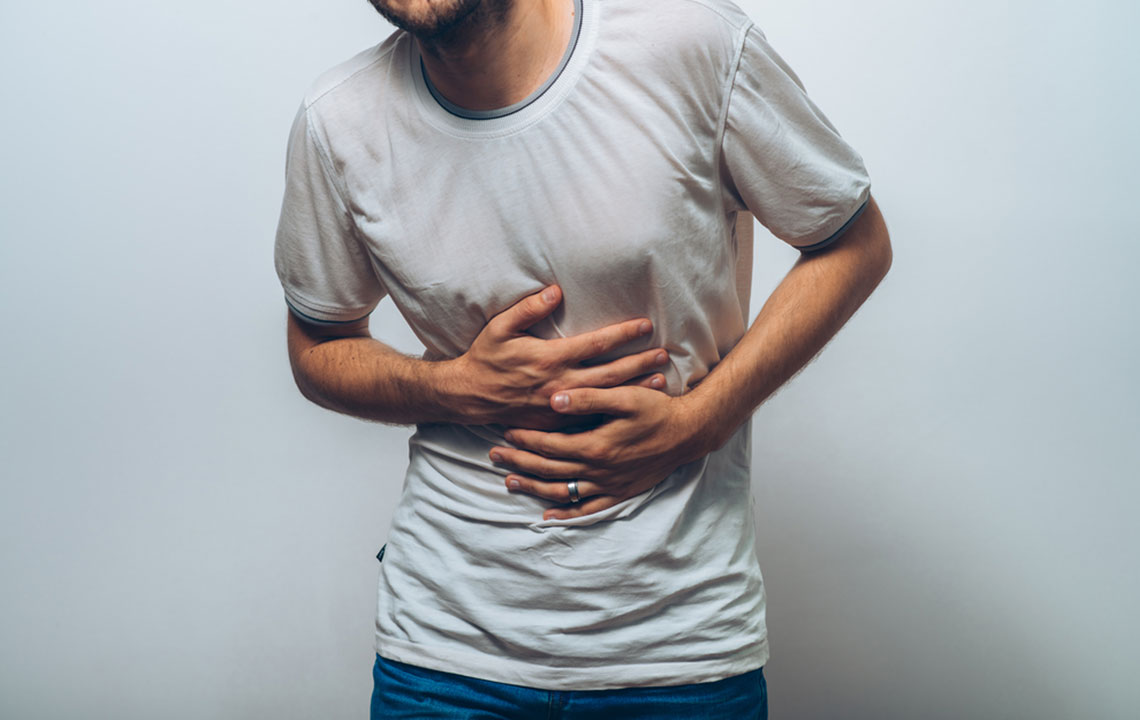Comprehensive Guide to Diarrhea: Causes, Symptoms, and Effective Treatments
This comprehensive guide explores the causes, symptoms, and effective remedies for diarrhea. It covers infectious and non-infectious causes, preventive tips, and treatment options to help individuals manage and prevent this common digestive issue. Understanding these aspects can aid in quick recovery and avoid serious complications like dehydration, making it an essential resource for health-conscious readers.

Comprehensive Guide to Diarrhea: Causes, Symptoms, and Effective Treatments
Diarrhea is a common health issue characterized by the frequent passage of loose, watery stools, often accompanied by abdominal discomfort and urgency. It occurs when there's an imbalance or malfunction in your digestive system, leading to an increased speed of stool transit through the intestines, resulting in inadequate water absorption. Although frequently a temporary condition, diarrhea can sometimes be severe, making it essential to understand its underlying causes, symptoms, and appropriate remedies. Recognizing the indicators and knowing how to manage this condition can significantly improve comfort and prevent complications such as dehydration.
In most cases, diarrhea is a symptom of an underlying issue rather than a disease itself. It can be triggered by various factors, including infections, dietary choices, medications, or chronic health conditions. When symptoms persist or worsen, seeking medical advice becomes imperative.
Symptoms of diarrhea often include an urgent need to stool, increased frequency of bowel movements, and stools that are watery or loose. Accompanying symptoms may involve bloating, nausea, abdominal cramps, fever, and sometimes blood or mucus in the stool. Recognizing these signs early can help determine the severity and appropriate response to the condition.
Persistent abdominal bloating or discomfort
Watery, loose stools that may lead to dehydration
Nausea, sometimes accompanied by vomiting
Stomach cramps and abdominal pain
Presence of blood or mucus in stool
Fever, chills, and body aches
Frequent urge to defecate with urgency
Understanding the causes of diarrhea can help in preventing or managing the condition effectively. Common causes include infectious agents such as bacteria, viruses, and parasites. Contaminated food or water sources are primary carriers of these pathogens:
Bacterial infections: Pathogens like Salmonella, Escherichia coli (E. coli), Shigella, and Campylobacter are frequent culprits. These bacteria can invade the gastrointestinal tract, leading to inflammation and increased fluid secretion.
Viral infections: Norwalk virus (norovirus), rotavirus, and adenovirus are common viral causes, especially in children, and often spread via contaminated food or close contact.
Parasitic infections: Parasites such as Giardia lamblia, Entamoeba histolytica, and Cryptosporidium can cause persistent diarrhea, particularly in areas with poor sanitation.
Food intolerances and allergies: Lactose intolerance, fructose malabsorption, or sensitivities to certain food additives can result in diarrhea after consumption.
Medications and treatments: Antibiotics can disrupt gut bacteria, leading to antibiotic-associated diarrhea. Other medications, such as antacids containing magnesium, can also have a laxative effect.
Chronic health conditions: Diseases like Crohn’s disease, ulcerative colitis, irritable bowel syndrome (IBS), and celiac disease may cause diarrhea as a symptom.
Dietary habits and lifestyle: Excessive intake of spicy foods, artificial sweeteners (like sorbitol), or high-fat diets can trigger diarrhea episodes.
Proper diagnosis often involves stool tests, blood work, and medical history assessment to identify the underlying cause, which guides effective treatment.
Managing diarrhea primarily focuses on preventing dehydration, alleviating symptoms, and treating the root cause. Here are some effective remedies and lifestyle tips:
Hydration: The most critical aspect of managing diarrhea is maintaining fluid balance. Drink plenty of rehydration solutions, oral electrolyte drinks, or clear fluids like water and broth to replace lost electrolytes.
Dietary modifications: Stick to bland, easy-to-digest foods such as bananas, rice, applesauce, toast, and boiled potatoes. Avoid spicy, greasy, or dairy-rich foods until symptoms subside.
Over-the-counter medications: Anti-diarrheal medicines like loperamide (Imodium) can slow bowel movements and reduce urgency. However, use these with caution and consult a healthcare provider if symptoms persist.
Home remedies: Herbal teas such as chamomile may soothe the gastrointestinal tract. Consuming ripe bananas, probiotic-rich yogurt, and fermented foods can help restore healthy gut flora.
Rest: Adequate rest allows your body to recover and fight infection more effectively.
Monitoring symptoms: Keeping track of stool frequency, appearance, and accompanying symptoms helps determine if medical intervention is needed.
While mild diarrhea often resolves within a few days with proper care, persistent diarrhea lasting more than a week warrants medical attention. Prolonged or severe cases can lead to dehydration, electrolyte imbalances, and nutritional deficiencies, which require prompt professional treatment. In some cases, prescribed antibiotics, antiparasitic drugs, or other targeted therapies may be necessary.
Preventive measures include practicing good hygiene, consuming properly cooked foods, avoiding contaminated water sources, and managing underlying health conditions effectively. Ensuring food safety and personal hygiene can significantly reduce the risk of infection and subsequent diarrhea episodes.
In summary, understanding the causes of diarrhea, recognizing its symptoms, and implementing appropriate remedies can help alleviate discomfort and prevent complications. Always consult healthcare professionals if symptoms are severe, persistent, or associated with signs of dehydration or blood in stool. With proper care and precautions, most cases of diarrhea can be effectively managed and prevented.





